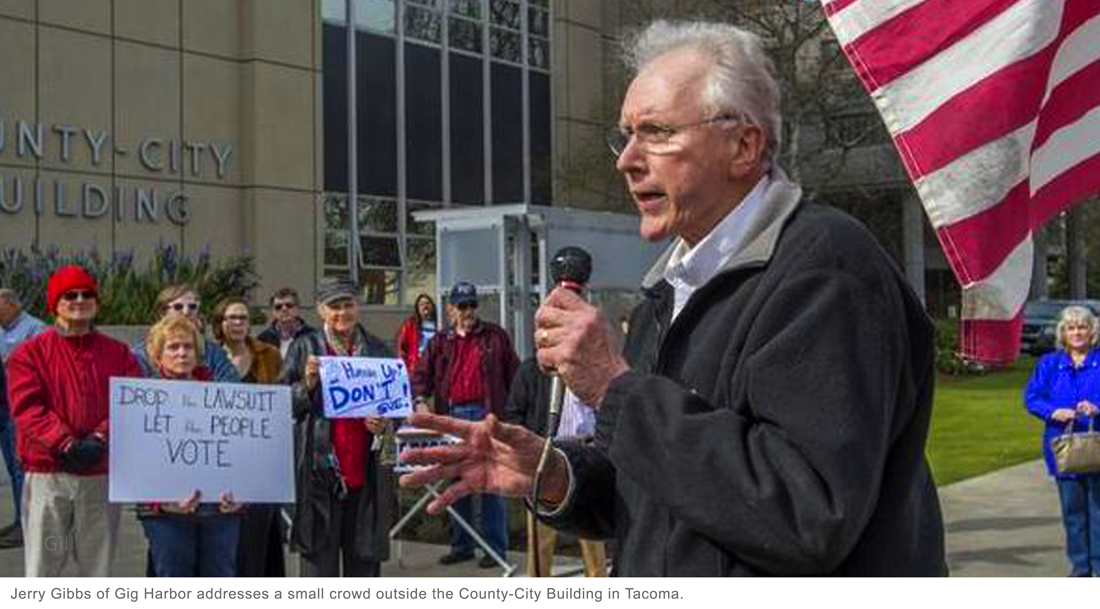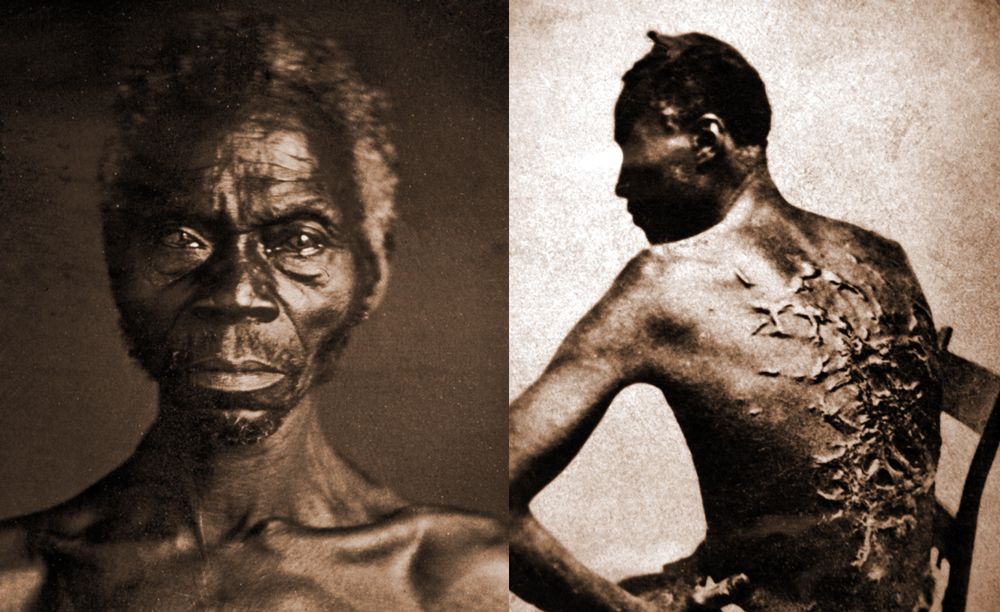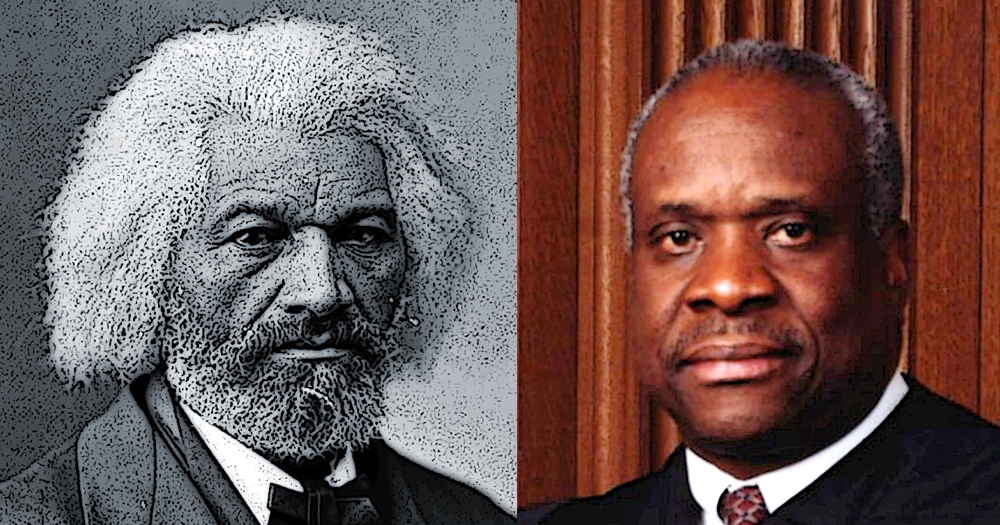Pierce County, Washington, Executive Pat McCarthy charges that “a majority of the County Council bowed to political pressure, even though this could set a terrible precedent that the most basic administrative actions of government can be derailed by the simple act of signing a piece of paper.”
Yeah, right.
At issue is a $127 million construction project to build a new county administration building. Back in February, the Council voted 4 – 3 to move forward on the project.
The total cost of the new building, including financing fees and interest, will add up to $235 million according to Jerry Gibbs and a group called Citizens for Responsible Spending. These activists filed a petition to demand a public vote on the issue next November.
As is all too common these days, their grassroots effort was quickly countered by the big guns: the city filed a lawsuit against them, attempting to block the referendum.
The lawsuit didn’t sit well with people in Pierce County.
“Why don’t they want this voted on by the people?” asked Gibbs.
“This is absolutely an abuse of power,” decried resident Sheila Herron, “this is bullying of a private citizen.”
Council Chair Dan Roach argued that the power to launch a court challenge must come from the council, which had not discussed it. He warned his fellow city officials: “you are sending a very chilling” message to citizens not to “dare try to challenge what we’re doing as the government.”
Last week, the County Council voted 4 – 3 to drop the lawsuit, bowing to political pressure … from the people they represent.
In short, good government broke out.
This is Common Sense. I’m Paul Jacob.





